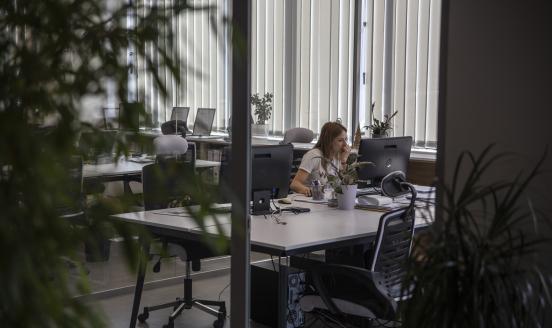Employer perspectives on employee work location: collaboration, culture and control
Employee surveys across different countries indicate that employees prefer working remotely and do not want to return to the office full time.

Executive summary
This paper discusses employers’ experience of working fully remotely during the pandemic, and their approaches to returning to the office following the pandemic. We chose to focus on the point of view of the employer since it is relatively less explored; much more is available and written on the views and opinions of employees about remote work and return to office.
To understand the employer’s perspective, we reviewed existing research evidence, and carried out eleven structured interviews with corporate leaders about their experiences with remote, in-office and hybrid work.
Our literature review suggests that remote work does not have negative effects on performance. Similarly, the small sample of employers we interviewed experienced very strong company and employee performance while operating their businesses fully remotely. All employers we interviewed are implementing a hybrid return-to-office policy, although the specifics of the policies are different for each company. No employer was returning to full in-office work.
We focused our literature review and interviews on the impact of remote work on employee collaboration, firm culture and manager control, which we call ‘the 3 Cs’. We found that leaders maintain a belief that employee collaboration is negatively impacted by remote work, but the evidence to support this assumption is mixed. Firm culture is often cited by employers as an important rationale for bringing employees back to the office, but the research evidence and our interviewees suggest that the notion of culture is vague and the idea that better culture is supported by in-office work is not supported by any data. Finally, the shift to remote work caused corporate leaders and front-line managers to worry about effectively managing employees they couldn’t see every day. We found that companies did not widely begin implementing employee monitoring systems in lieu of onsite management. Our interviews suggest that much learning remains to transition managers and leaders to effectively managing remote or hybrid employees and teams.
This was produced within the project ‘Future of Work and Inclusive Growth in Europe’ with the financial support of the Mastercard Center for Inclusive Growth.
Both authors have contributed equally to this paper.



